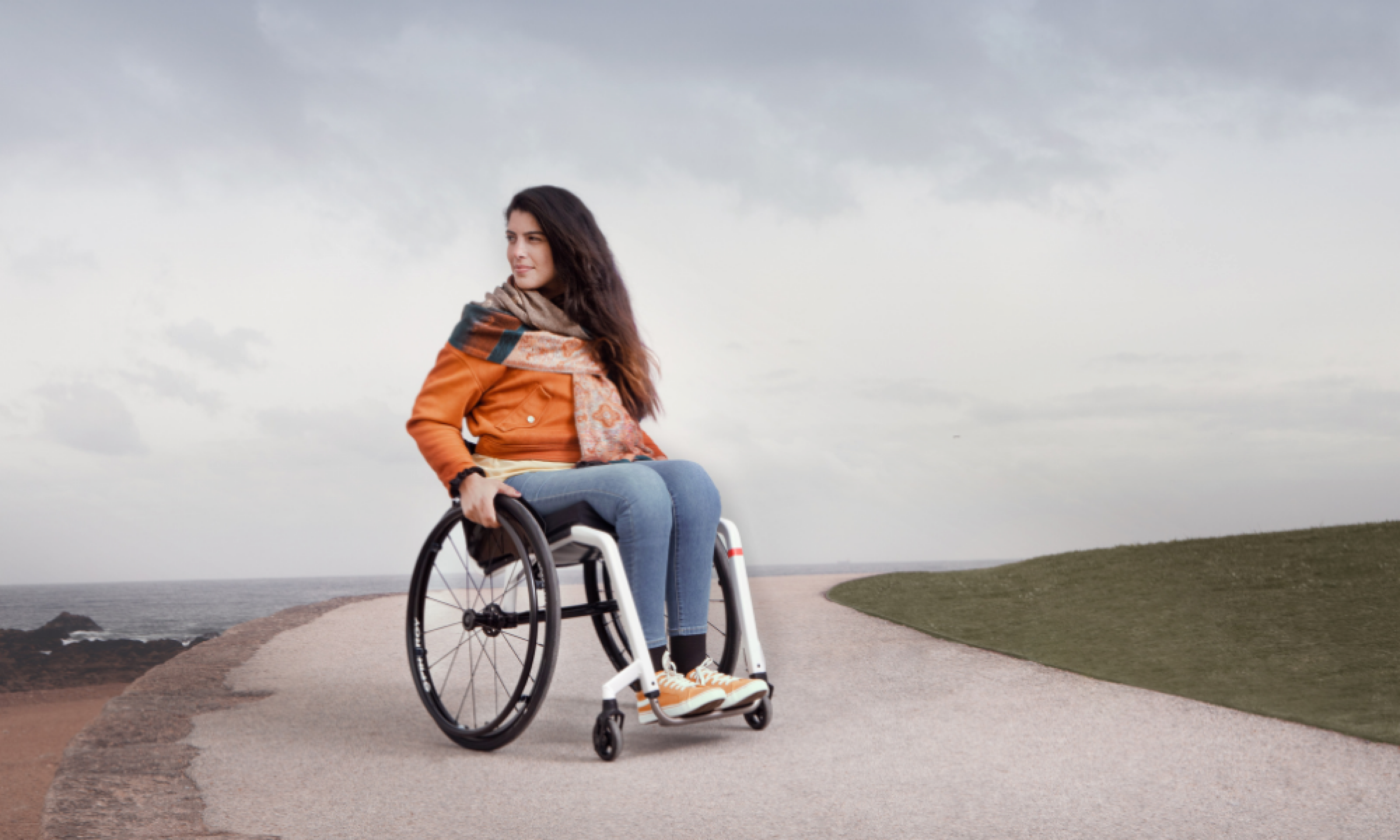The constant worry of discrimination – by Geoff Trappett OAM

Every disabled person knows outright discrimination. From not being allowed into a space ‘because you are a fire hazard’, not providing communication in applicable formats, to refusing entry to a space due to a guide or assistance animal. These acts of discrimination are abhorrent and must be stopped through every avenue both legal and social we have at our disposal as a society.
However, there is also another level of discrimination. Discrimination is never as obvious and can rarely be proven. This is the kind of discrimination that eats at the very soul of disabled people. The unspoken things that occur that all disabled people have felt, seen or heard. But that forever stays at an anecdotal level as to prove it would be too costly both in terms of time, resources, and importantly, emotional exertion.
Think of when you head into the bank to meet the manager for a personal, car or house loan. Everyone feels judged on their finances, this is the very purpose of you being there. But any disabled person will tell you they will often also feel judged for their disability. This feeling is something we often talk about amongst friends but know that others outside of disability may never understand. Is this person seeing me as less? Do they see an accountant, teacher, or HR professional? Or do they see the disabled equivalent of such? In short, is my potential value being associated with my disability?
Banking is but one example, this insecurity can come in many settings - am I missing out on this promotion on merit? Is the doctor giving me advice or treatment based on living a ‘good life’ or a ‘good disabled life’? Is the personal trainer really too busy to take on other clients right now? The list is endless.
Some would call these examples of something called ‘ableism’. Ableism is defined as:
‘Discrimination and social prejudice against people with disabilities and/or people who are perceived to be disabled. Ableism characterizes people who are defined by their disabilities as inferior to the non-disabled.’
In short, it is when you are judged as lesser than a typical member of the community. That anything less than perfection is cause for lesser treatment.
By any measure though it is still discrimination. In many ways, it’s worse. As with each instance of ableism a disabled person can be forced to wonder ‘am I the one that is wrong? Am I being unreasonable?’ Ableism, by its quiet and unassuming nature, sucks the life and soul from you.
What can you do? As I said, every disabled person has had these feelings. We all have our stories to tell. I encourage you to build a support network. A network of peers that you can share your experiences with. We may individually question ourselves and our own experiences. We will all have our good and bad days where we feel gaslit into believing the problem is ours. But a strong support network will always have within it someone who is experiencing a good day. A day where they can look you in the eye and say with absolute surety ‘NO this is not you; I see this too. And together we will take on this challenge.'
About the author:
Geoff Trappett OAM is a former Paralympic Athlete. With a career that spanned 2 world championships, 2 Paralympic games, a gold medal in Sydney 2000 and a world record. Following on from sport Geoff has transitioned to working professionally in multiple senior executive roles in the disability sector both within disability service providers and disabled person run advocacy organisations. Now leading his own social policy change organisation Inclusion Moves developing inclusion and diversity plans in the corporate world and speaking out on human rights and disability inclusion related issues.
Add comment
Comments
Discrimination. Diversity, Equality and Inclusion
When you apply to join an organisation and are discriminated against, bullied because you contribute then gaslit because you won't stand for injustice once you are a member. A Board except for two members driving an agenda that is made up of ownership, misguided ego centrered breaches of Human Rights.
Disability as result of illness
Being diagnosed with disability as a result of a disease after you are 65 years of age means you are not entitled to NDIS support (age discrimination). You are then directed to Aged Care support which would have to be one of the great misnomers of all time. They are NO SUPPORT but just another Federal Government con jobs and absolutely useless in supporting disabled seniors regardless of the rhetoric.
To those who have commented, you have been heard.
A short note to those brave enough to comment with their own experiences. You have been heard. Your voice is strong. Your stories are powerful. Ensure you keep your faith that there are good people in the world and share in the strength of your disabled community.

Discrimination
Being abused and taken advantage of from supposed support workers. For many years has left me PTSD.
Sincerely yours
Lisa.